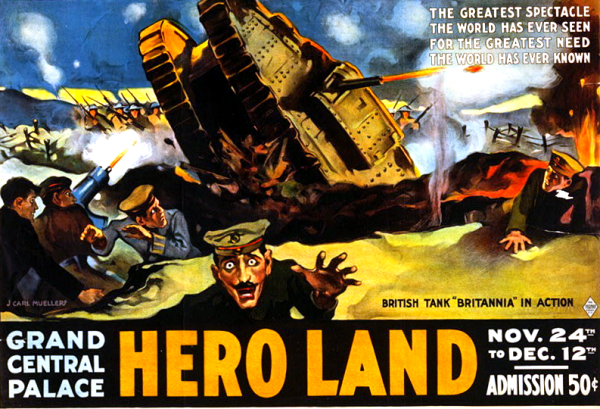“We can’t publish that!” the director of public relations shouted after reviewing my cut of an audio interview. She didn’t object to the whole piece, just the founder’s answer to a question about his most difficult day as CEO.
“I remember the day that we almost ran out of money,” he said, describing a moment that every successful entrepreneur can relate. He recounted the weight of responsibility that he felt for his employees, their families, and his investors. During one particular agonizing and sleepless night, he said a little prayer. “Just a little heart attack,” he whispered. “Nothing that’ll kill me. Just something that will lay me up for a little while.”
Such events contain storyteller gold because they demonstrate the magnitude of an obstacle, the risk of failure, and the responsibility that comes with that risk. Audiences relate with them because, let’s be honest, we’ve all had our “just a little heart attack” moments.
“Do you know how much our stock price could drop if people found out that he wished for a heart attack?” the public relations director asked me. Had the story ended there, I might have agreed. But, our CEO wasn’t a quitter.
Instead, he awoke the next day, blessedly without chest pains. While in the shower, he thought about all of the smart people that worked for him. Rather than keeping the problem to himself, he decided to ask for their help. He must have done something right because twenty years after the prayer, he recorded this interview as the same CEO of a company listed on the Fortune 1000.
I loved his story. It had heart. It demonstrated achievement in the face of great adversity. The CEO’s choices revealed much about his character and leadership. But alas, the director of public relations didn’t see it that way. Although I protested, she had me remove the dramatic moment, thus transforming a memorable story into a forgettable after-school special.
Most business communicators are terrified of including emotion in their stories. They see the great game of business as a gladiator sport, and thus their leaders must be promoted as both invincible and perfect. Unfortunately, rather than presenting us with glimpses of a human leader that we can respect, such storytelling choices deliver caricatures of shallow superheroes.
Photo Credit: Library of Congress
